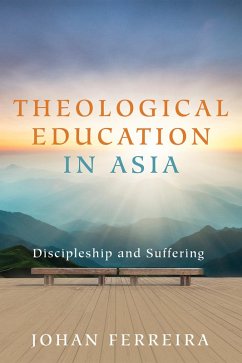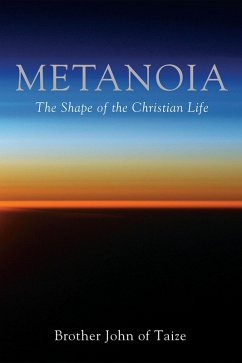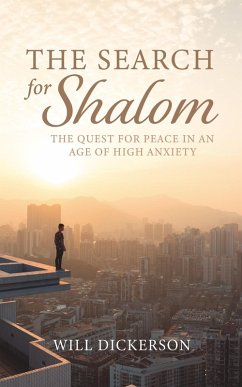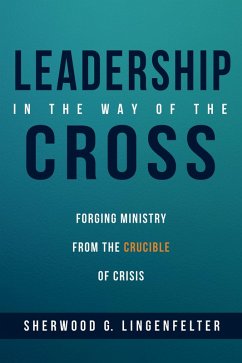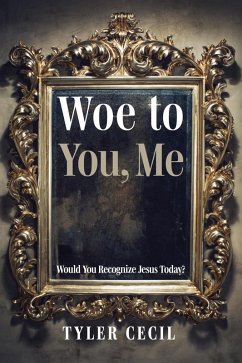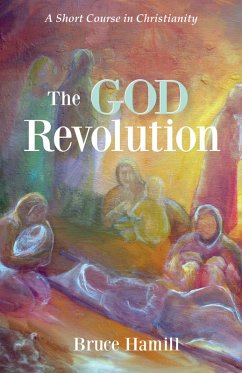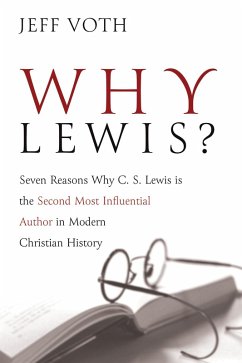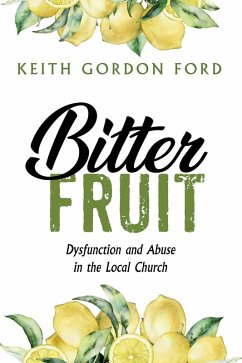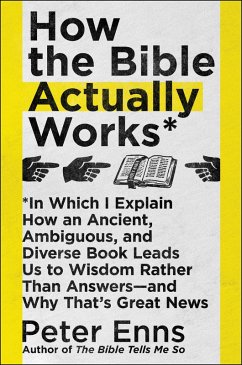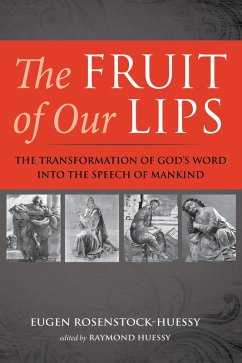
The Fruit of Our Lips (eBook, ePUB)
The Transformation of God's Word into the Speech of Mankind
Redaktion: Huessy, Raymond
Versandkostenfrei!
Sofort per Download lieferbar
20,95 €
inkl. MwSt.
Weitere Ausgaben:

PAYBACK Punkte
10 °P sammeln!
In the three essays included in this new edition of The Fruit of Our Lips, Eugen Rosenstock-Huessy made his clearest and most concise presentation of his understanding of the Christian tradition and the creative power of the spoken word proclaimed at the beginning of Genesis, and hence at the heart of the Jewish and the Christian faiths. Two of the three essays have never appeared in English before. All three root in and contribute to the author's ongoing dialogue with his friend Franz Rosenzweig and show the mutuality of the two men's thinking, for all their differences. Reading the material ...
In the three essays included in this new edition of The Fruit of Our Lips, Eugen Rosenstock-Huessy made his clearest and most concise presentation of his understanding of the Christian tradition and the creative power of the spoken word proclaimed at the beginning of Genesis, and hence at the heart of the Jewish and the Christian faiths. Two of the three essays have never appeared in English before. All three root in and contribute to the author's ongoing dialogue with his friend Franz Rosenzweig and show the mutuality of the two men's thinking, for all their differences. Reading the material in the appendices in tandem with the three main essays provides a unique overview of the interpenetration of Rosenstock-Huessy's work on faith and his work on speech.
Dieser Download kann aus rechtlichen Gründen nur mit Rechnungsadresse in A, D ausgeliefert werden.




